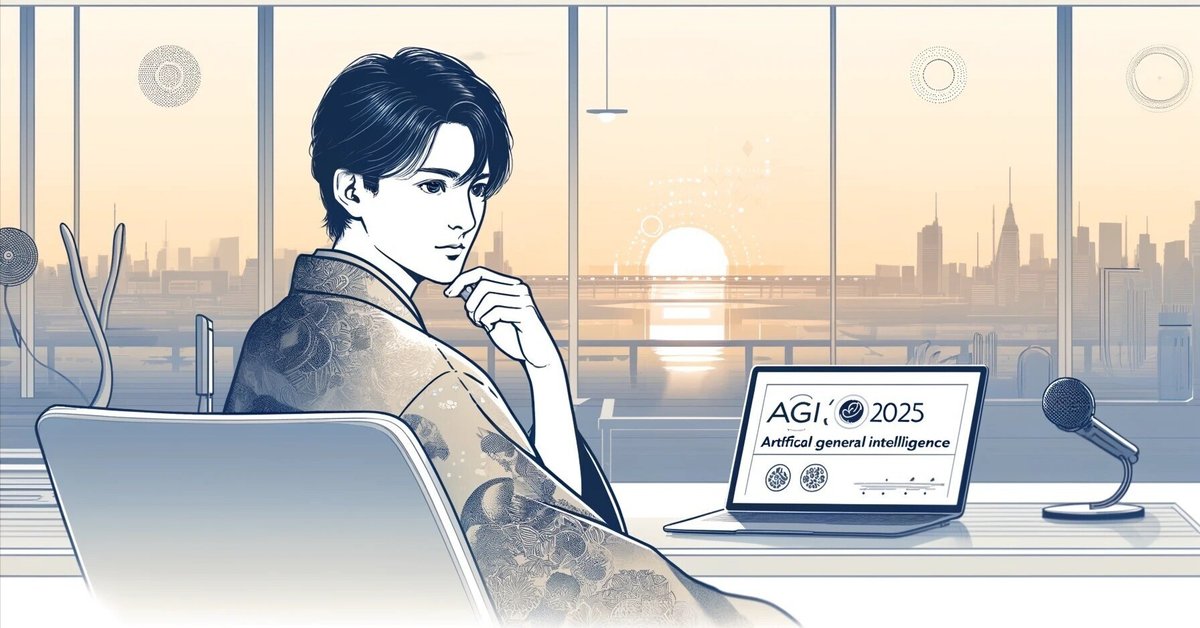
【DAY86】AGIの夜明けか、先延ばしか〜AIで進化する英語日記〜
AGIの夜明けか、先延ばしか
冬の夕暮れ、研究者の黒田はノートパソコンの画面に映るOpenAIの発表を見つめていた。CEOのSam Altmanが「2025年に人間レベルの知能を持つAGIを実現する」と予測し、業務へのAIエージェント導入が加速すると宣言したのだ。とはいえ、MetaのYan LecunやFetch.aiのHumayun Sheikhらは、現行のハードウェアや学習技術の限界を指摘し、その予測に懐疑的な態度を示している。
黒田の所属する企業でも、定型業務を自動化する小さなAIツールが導入された。しかし、いまだ複雑な意思決定にはエラーがつきまとい、人間の監督が欠かせない。業界全体ではAGIがもたらす利点とリスクについて議論が白熱する一方、実際には段階的な進化が続くと見る専門家も多い。
黒田は画面を閉じ、オフィスの窓の外に広がる街の夜景を見やった。予測どおりに2025年にAGIが到来するのか、それとも先延ばしになるのか。答えはまだわからない。それでも黒田は、人間とAIが協調して新たな可能性を切り拓く未来の光を、遠くに感じ取っていた。
Dawn of AGI or Postponed
Late one winter afternoon, researcher Kuroda gazed at OpenAI’s latest announcement displayed on his laptop screen. Sam Altman, the company’s CEO, claimed that by 2025, humanity would witness the arrival of AGI—artificial intelligence with human-level cognition—and that the use of AI agents in business operations would soon accelerate. Yet experts such as Meta’s Yan Lecun and Fetch.ai’s Humayun Sheikh voiced doubts, citing current hardware and training limitations as significant hurdles.
Kuroda’s own workplace had begun introducing small AI tools to automate routine tasks. However, errors still arose when confronting complex decisions, and human oversight remained essential. Across the industry, passionate debates flared over the potential benefits and hazards of AGI, while many professionals predicted a more incremental path forward.
Closing his laptop, Kuroda looked out at the city lights through his office window. Whether AGI would truly appear by 2025 or be postponed indefinitely remained uncertain. Yet in that uncertainty, Kuroda sensed a distant glimmer of possibility—one where humans and AI would join forces to unlock unprecedented futures.
